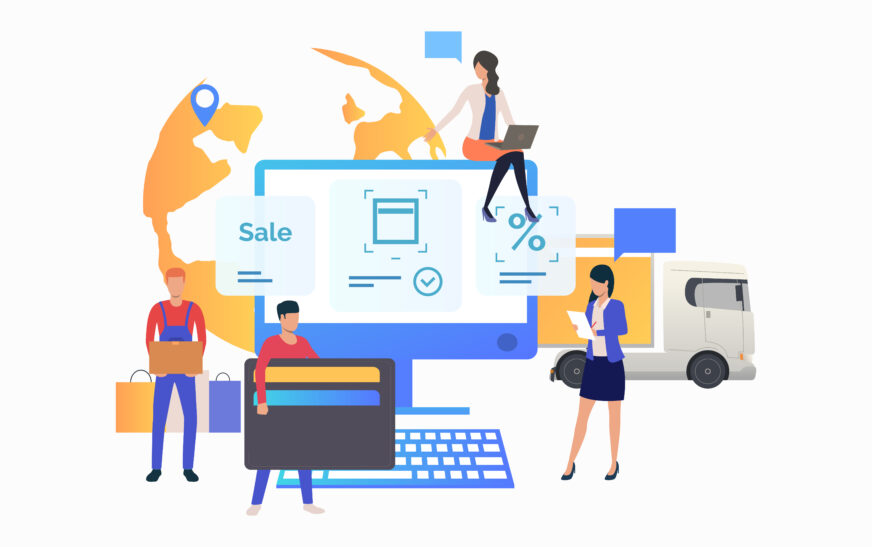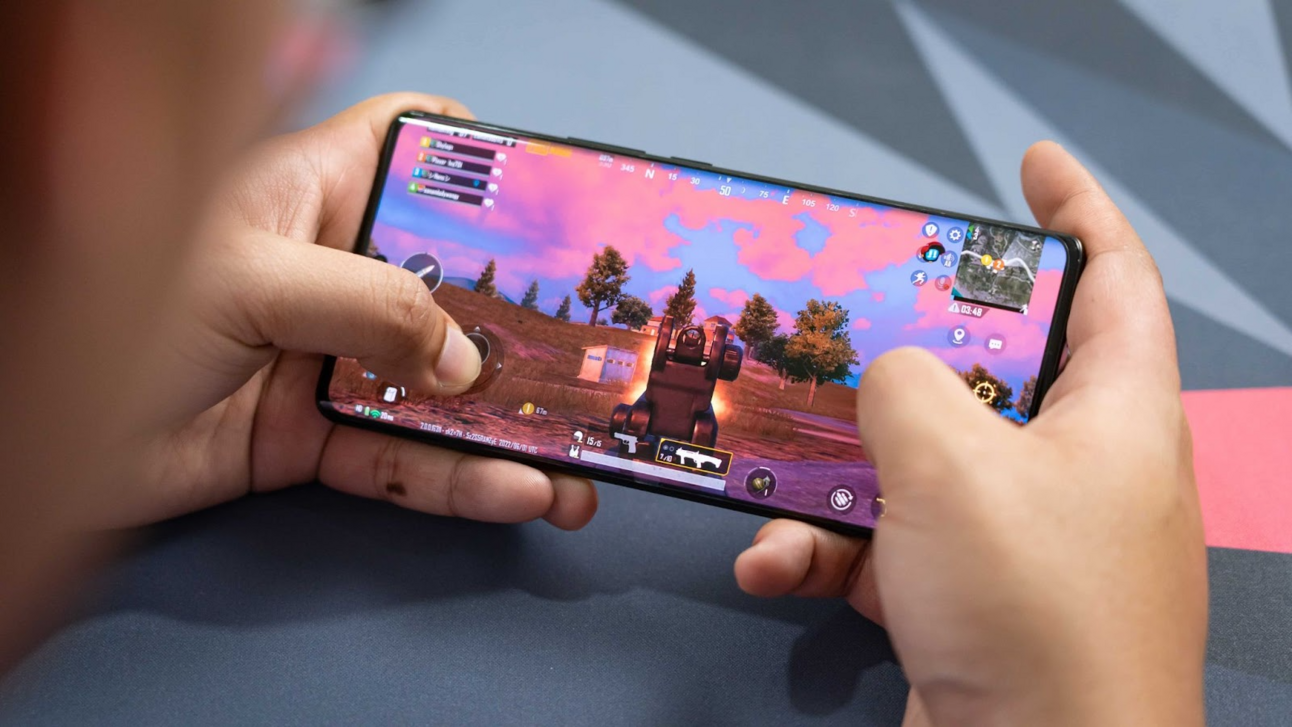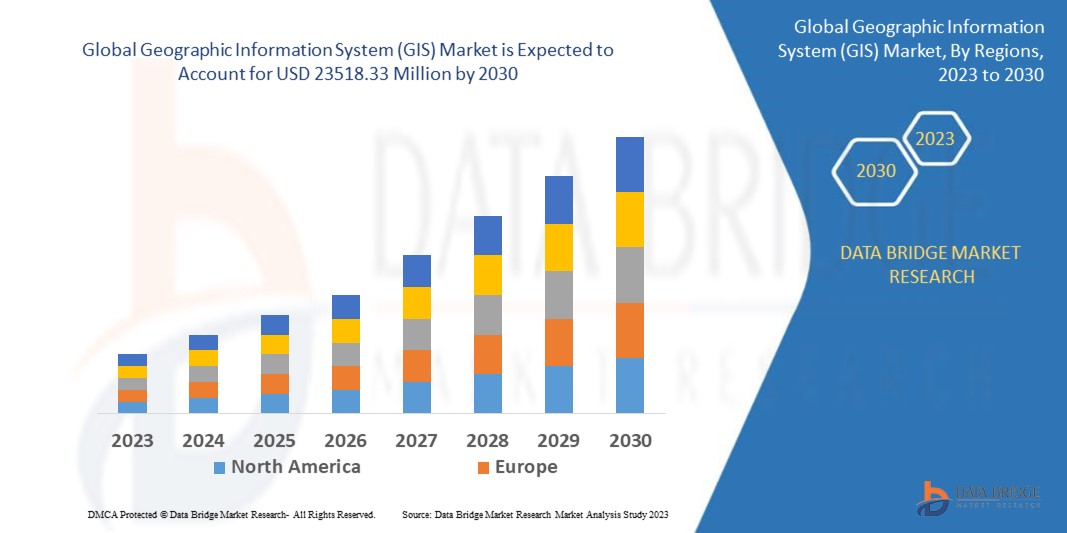In an era where technology drives innovation across industries, retail is no exception. The role of retail software developers is evolving as they create solutions that redefine shopping experiences and optimize operations. These professionals are at the forefront of integrating technologies like artificial intelligence, big data, and omnichannel systems to meet consumer demands. A crucial component of this transformation is the growing role of AI in retail, which has become a key driver of innovation.
This article explores key trends shaping the future of retail technology and the impact of retail software developers in making these advancements possible.
1. AI-Powered Personalization: Enhancing Customer Experience
Artificial intelligence has revolutionized the way retailers interact with customers. By analyzing consumer behavior, purchase history, and preferences, AI enables retailers to deliver highly personalized shopping experiences.
Key Contributions of Retail Software Developers:
- Recommendation Engines: Developers create algorithms that suggest products tailored to customer preferences, improving cross-selling and upselling opportunities.
- Chatbots and Virtual Assistants: AI-powered chatbots provide real-time customer support, enhancing satisfaction and retention.
- Dynamic Pricing Models: Software solutions powered by AI adjust prices based on demand, competition, and market trends, helping retailers remain competitive.
Real-World Example:
Amazon’s recommendation engine, powered by AI, accounts for approximately 35% of its total sales, showcasing the power of personalized retail experiences.
2. Seamless Omnichannel Retail Experiences
The shift from brick-and-mortar to online shopping has led to the rise of omnichannel retailing. Customers expect consistent experiences across all touchpoints, including physical stores, mobile apps, and websites.
Role of Retail Software Developers:
- Unified Commerce Platforms: Developers design systems that integrate inventory, payment, and customer data across channels, ensuring seamless transitions between online and offline experiences.
- Mobile App Development: Retail apps with features like AR for virtual try-ons and mobile wallets enhance customer engagement.
- Buy Online, Pick Up In-Store (BOPIS): Software solutions streamline BOPIS operations, allowing retailers to cater to customers who prefer hybrid shopping experiences.
Real-World Example:
Nike’s app integrates with its physical stores, enabling features like in-app checkout and exclusive product access, creating a cohesive omnichannel experience.
3. Automation and Smart Inventory Management
Efficient inventory management is critical to reducing costs and meeting customer demands. Technologies like AI and the Internet of Things (IoT) are transforming how retailers manage inventory.
Developer Contributions:
- AI-Driven Demand Forecasting: Retail software developers create algorithms that predict inventory needs based on historical data, seasonal trends, and market conditions.
- IoT Integration: Smart shelves and RFID tags provide real-time inventory tracking, reducing the risk of stockouts or overstocking.
- Warehouse Automation: Developers design software to automate tasks like sorting, packing, and shipping, improving operational efficiency.
Real-World Example:
Walmart leverages AI and IoT for inventory tracking, enabling efficient restocking and reducing waste.
4. AI-Driven Marketing and Customer Engagement
The impact of AI in retail extends beyond inventory management and customer service. Retailers are leveraging AI for data-driven marketing strategies that engage customers effectively.
Key Applications:
- Sentiment Analysis: AI tools analyze customer reviews and social media conversations to gauge public sentiment about products.
- Predictive Analytics: Retail software developers implement AI algorithms that identify trends and customer preferences, enabling targeted marketing campaigns.
- Loyalty Programs: Personalized loyalty programs based on AI insights drive customer retention and lifetime value.
Real-World Example:
Sephora’s AI-driven Beauty Insider loyalty program uses customer data to provide tailored recommendations and exclusive rewards.
5. Sustainability Through Green Retail Technology
Sustainability is becoming a priority for retailers, with consumers demanding environmentally responsible practices. Retail software developers are instrumental in creating solutions that align with this trend.
Innovations:
- Carbon Footprint Tracking: Developers create tools that measure the environmental impact of supply chains and suggest eco-friendly alternatives.
- Energy Management Systems: Smart energy solutions reduce the carbon footprint of physical stores by optimizing lighting and HVAC systems.
- Recommerce Platforms: Developers build systems for resale and recycling programs, catering to the growing demand for circular retail practices.
Real-World Example:
Patagonia’s Worn Wear program promotes product repair and resale, supported by advanced retail software.
6. Advanced Analytics and Business Intelligence
Data is the backbone of modern retail operations. Retailers are increasingly relying on advanced analytics to make informed decisions.
Developer Contributions:
- Big Data Integration: Retail software developers design platforms that consolidate data from multiple sources for actionable insights.
- Real-Time Analytics Dashboards: Interactive dashboards provide managers with up-to-date information on sales, customer behavior, and operational efficiency.
- Fraud Detection: AI-driven software identifies anomalies and prevents fraudulent transactions.
Real-World Example:
Zara uses data analytics to monitor customer feedback and adjust inventory and designs accordingly, ensuring timely responses to market trends.
7. Augmented Reality (AR) and Virtual Reality (VR)
Immersive technologies like AR and VR are redefining how customers interact with products, especially in e-commerce.
Innovations by Retail Software Developers:
- Virtual Try-Ons: AR apps allow customers to try on clothing, accessories, or makeup virtually.
- Immersive Store Experiences: VR creates engaging in-store experiences, like virtual tours or product demonstrations.
- Interactive Product Visualization: AR enhances product visualization, especially for furniture and home decor.
Real-World Example:
IKEA’s Place app uses AR to let customers visualize furniture in their homes before purchasing.
8. Cybersecurity in Retail Technology
As digital transactions grow, so do cybersecurity risks. Retailers must prioritize protecting customer data and payment systems.
Role of Retail Software Developers:
- Secure Payment Gateways: Developers design encrypted systems to ensure safe transactions.
- Fraud Prevention Systems: AI algorithms detect suspicious activity and prevent data breaches.
- Compliance Management: Software solutions help retailers comply with data protection regulations like GDPR and CCPA.
Real-World Example:
Retail giant Target implemented advanced cybersecurity measures after a data breach in 2013, emphasizing the importance of secure retail technology.
9. Voice Commerce: The Rise of Conversational AI
Voice assistants like Alexa and Google Assistant are changing how customers shop. Voice commerce enables hands-free, convenient shopping experiences.
Developer Contributions:
- Voice-Activated Shopping Apps: Retail software developers integrate voice recognition into apps for seamless interactions.
- Natural Language Processing (NLP): Advanced NLP algorithms enable accurate understanding of customer commands.
- Integration with Smart Devices: Developers ensure compatibility with devices like smart speakers and smartphones.
Real-World Example:
Walmart Voice Order allows customers to add items to their cart via Google Assistant.
Conclusion
The future of retail technology is being shaped by innovative solutions created by retail software developers. From AI-powered personalization to sustainable practices, these trends are transforming the industry. The integration of AI in retail plays a pivotal role in this evolution, enabling smarter decision-making and enhanced customer experiences.
As retail continues to adapt to technological advancements, developers will remain at the forefront, driving innovations that redefine the shopping landscape. Retailers who embrace these trends will gain a competitive edge, ensuring success in an ever-changing market.








